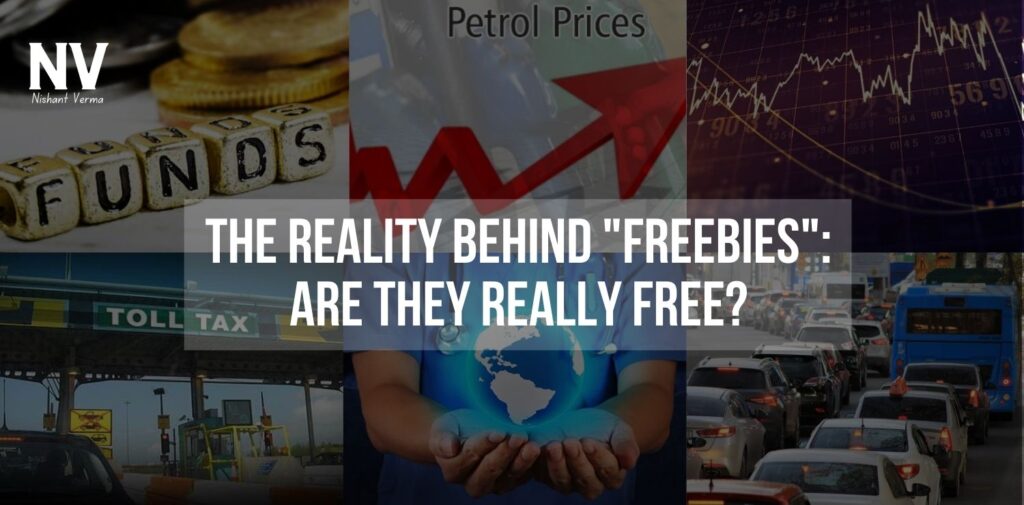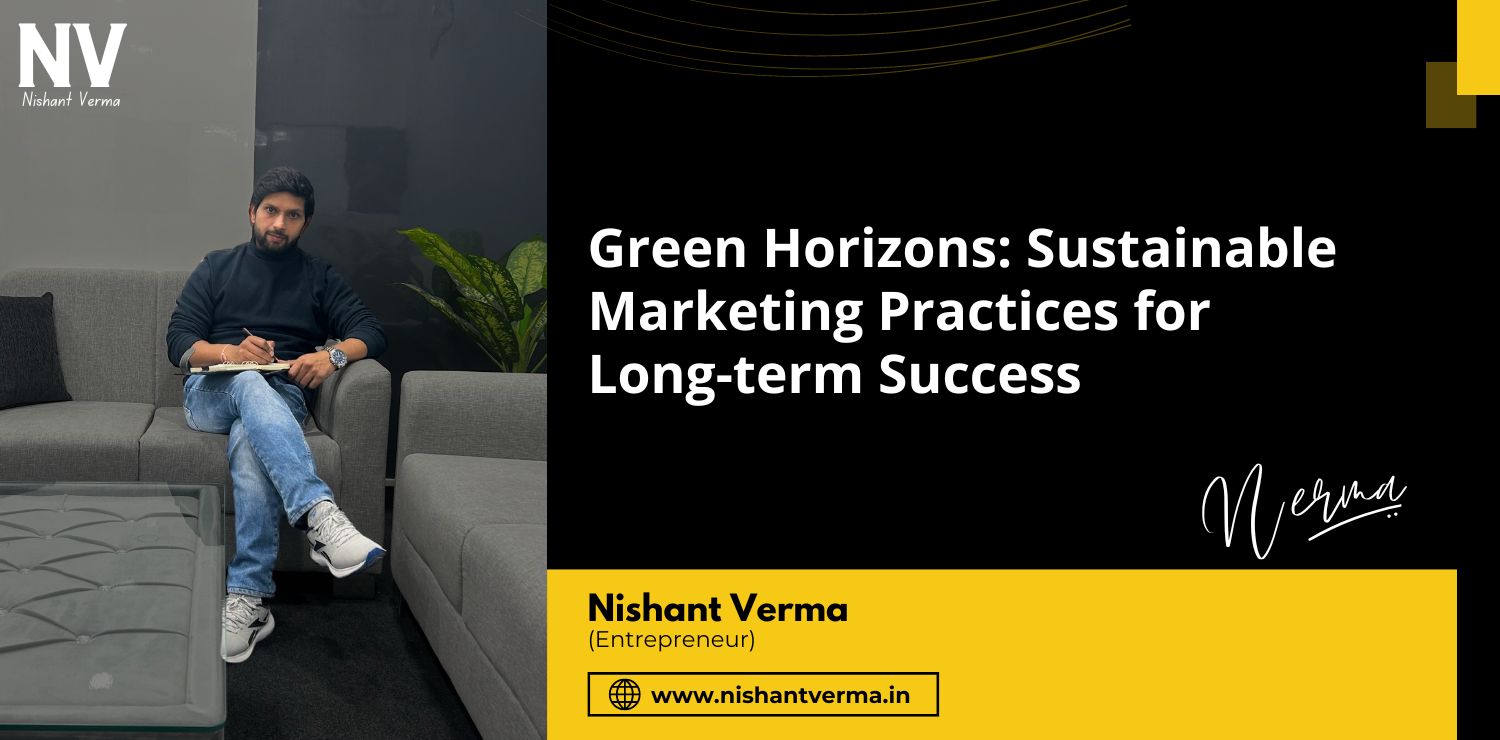When we hear about “free” government benefits or schemes, it can sound like a great deal. After all, who doesn’t like free things? However, the reality is that nothing is truly free—especially when it comes to government funds. These funds are, in fact, public money—money that comes from the taxes paid by you, me, and every citizen of the country. Freebies that seem to benefit people initially may have hidden costs that impact our daily lives in more ways than we realize.
Let’s dive deeper into this idea and understand how the so-called “free” things come with a price.
Where Does Government Money Come From?
Government funds do not appear out of thin air. Every benefit, scheme, or subsidy provided by the government is paid for through public funds. These funds are collected in the form of taxes. Whether it’s income tax, sales tax, or excise duty on goods like petrol and diesel, the government raises money by taxing the citizens and businesses.
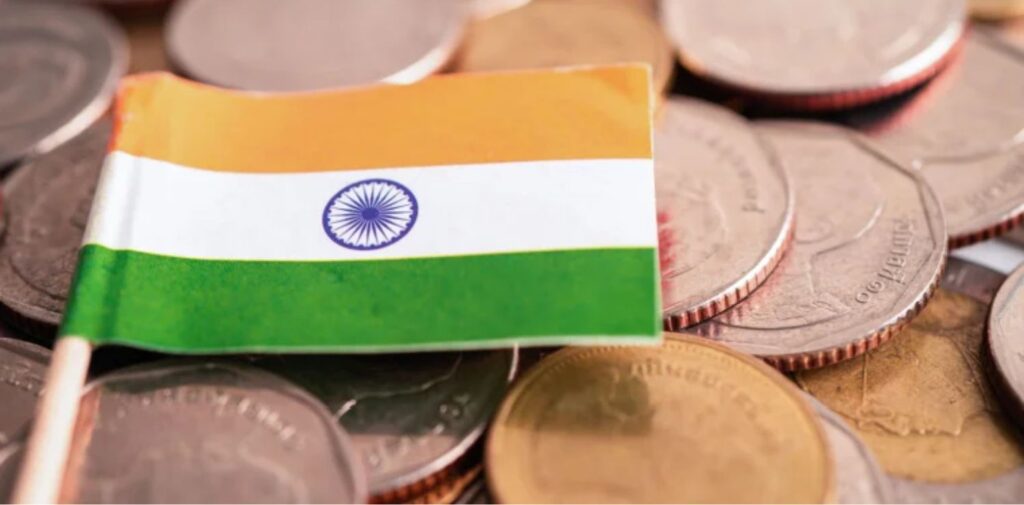
When the government announces “free” services or products, it is using taxpayer money to fund them. So, in reality, you are already paying for these benefits indirectly. Every time we fill our vehicle with fuel, purchase groceries, or pay road tax, we are contributing to the government’s pool of funds.
For example:
- Subsidized food from government schemes is funded by the taxes collected from businesses and individuals.
- Free healthcare services in government hospitals also come from the same pool of tax money.
The Hidden Costs of Freebies
While the government may distribute benefits like free electricity, water, or education, these freebies often lead to higher expenses elsewhere. Let’s look at some examples of how this works.
High Petrol and Diesel Prices
One of the main ways governments generate revenue is by imposing taxes on fuel like petrol and diesel. These taxes make up a significant part of the price we pay at the pump. When the government provides subsidies or free schemes, it often compensates for these costs by increasing the taxes on fuel.
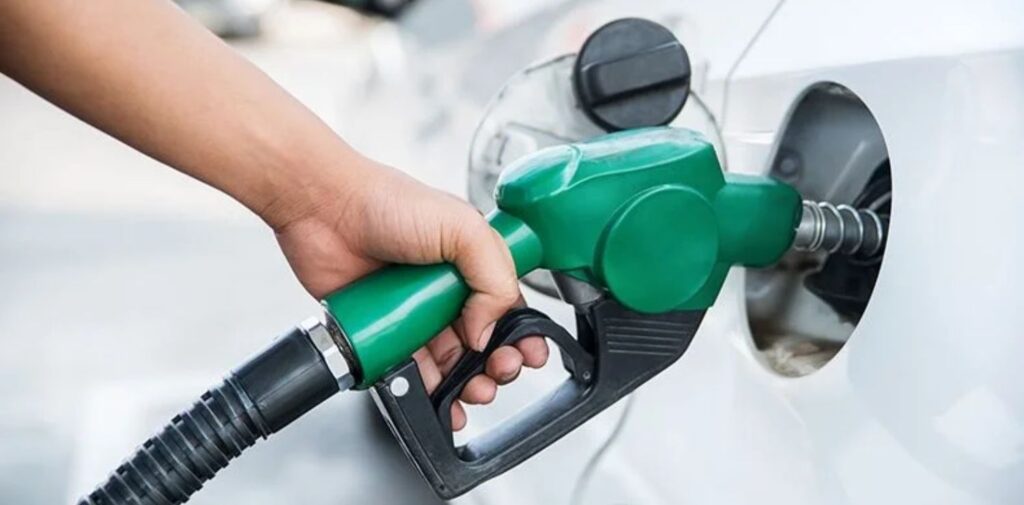
As a result:
- Petrol and diesel prices increase, and this affects everyone.
- High fuel prices lead to higher transportation costs, which increases the cost of goods and services. This is how inflation rises.
In essence, we may receive a subsidy in one area, but we pay it back through the extra amount spent on fuel and other everyday items.
Rising Inflation
Inflation is the increase in the prices of goods and services over time. When the government spends heavily on “free” schemes, it often has to print more money or borrow funds to cover the costs. This can lead to inflation, which reduces the purchasing power of money.
For example, if the government decides to give free electricity to a large portion of the population, it will need to cover the cost of providing this service. To do this, the government may borrow money or cut funds from other essential sectors like infrastructure development.
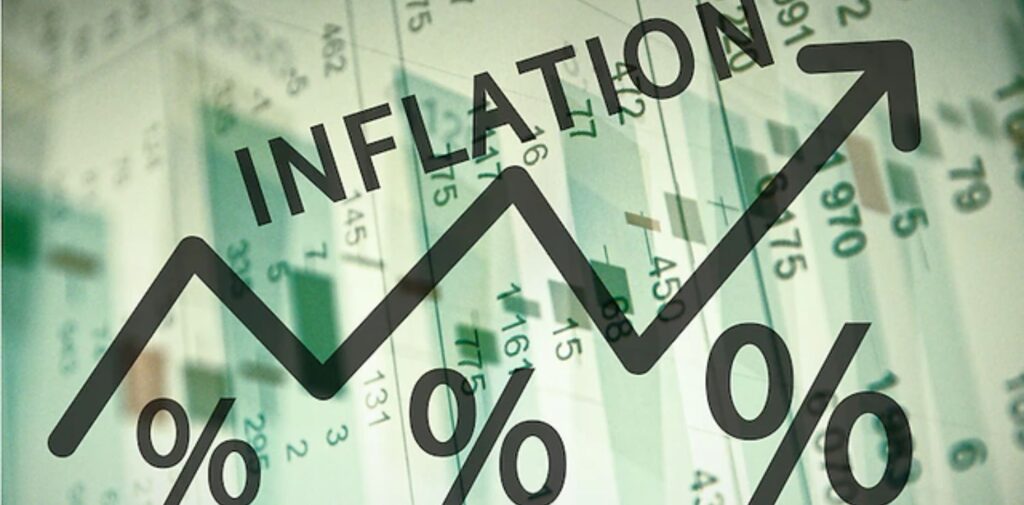
Over time, these actions can result in:
- Higher prices for daily necessities like food and clothing, as inflation increases.
- Reduced public services because the government must divert funds to maintain the freebies, leaving less money for improving roads, schools, or healthcare.
So while you may receive free electricity, you might end up paying more for groceries, transportation, and other essentials.
High Road and Toll Taxes
To maintain and develop infrastructure, governments often collect taxes on roads, bridges, and highways. If the government spends a significant portion of its funds on distributing freebies, it might increase the toll or road tax to cover the costs.
For instance:
- Toll booths on highways charge us for using well-maintained roads. If the government has less money available for road construction due to heavy spending on freebies, they might increase these tolls to maintain the roads.
- Higher toll taxes directly hit the pockets of travelers and transport companies, which can, in turn, raise the prices of transported goods.
What looks like a benefit in one hand is quietly taken back from us through road taxes and tolls in another.
Impact on Health and Traffic Issues
Government-provided freebies like free public transportation or subsidized fuel might seem beneficial. However, they can contribute to overcrowding and increased traffic, particularly in cities. When something is offered for free or at a much lower cost, it tends to get overused.
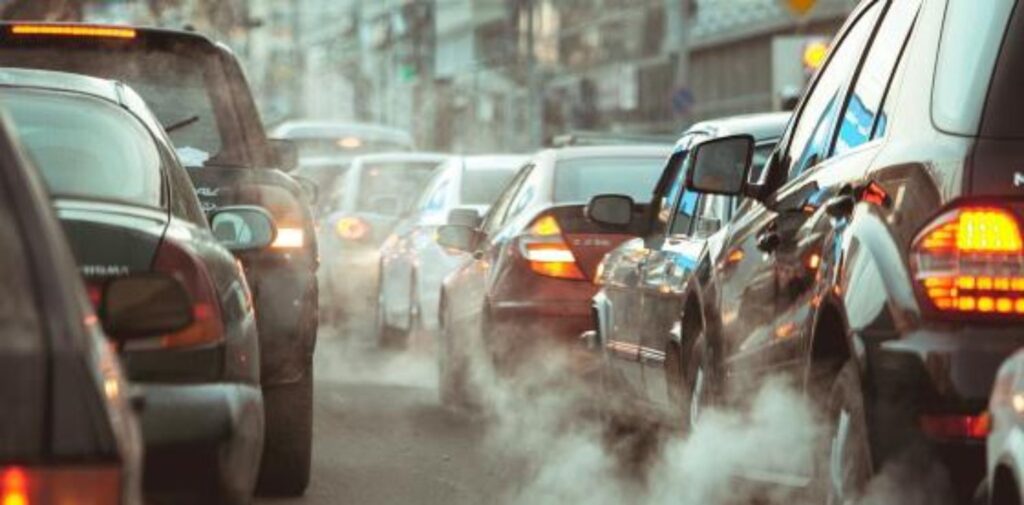
For example:
- Free or cheap public transport may lead to overcrowding, resulting in discomfort for passengers and increased stress on the transport system.
- Subsidized fuel may encourage people to use personal vehicles more often, increasing the number of vehicles on the road, which leads to more traffic, longer travel times, and higher pollution levels.
Additionally, poor quality services, overcrowded public facilities, and increased pollution can impact public health negatively. We may pay more in the long run by having to spend on healthcare costs due to these issues.
Are Freebies Sustainable?
While freebies might seem appealing in the short term, they are often not sustainable in the long run. The government has a limited pool of money to work with, and when it spends large amounts on free services, it may have to cut back on more important areas.
- Infrastructure development could suffer, leading to poorly maintained roads and public buildings.
- Healthcare and education systems may struggle to improve due to lack of funds, making it harder for citizens to access quality services.
Moreover, constant reliance on freebies can create a cycle of dependency, where people expect the government to provide for them without contributing to the economy. This can slow down economic growth and limit the country’s ability to invest in new technologies, industries, and job creation.
What’s the Solution?
Instead of relying on freebies, governments and citizens should focus on long-term solutions that improve the overall quality of life. This can be done by:
- Investing in infrastructure like roads, bridges, and public transport systems that benefit everyone.
- Improving education and healthcare systems, ensuring that all citizens have access to quality services without the need for heavy subsidies.
- Encouraging entrepreneurship and job creation, so that people can earn a livelihood rather than depending on government handouts.
By focusing on sustainable development and creating opportunities for all citizens to contribute to the economy, we can build a stronger, healthier, and more prosperous society.
Conclusion: Freebies Come at a Price
At first glance, government-provided freebies may seem like a blessing. However, we must remember that there is no such thing as a free lunch. Every free benefit we receive from the government is ultimately funded by taxpayers—by us. Whether it’s through higher fuel prices, rising inflation, increased road taxes, or overcrowded public services, we end up paying the price in one way or another.
Instead of being enticed by short-term gains, it’s important to recognize the long-term impac t of such freebies and push for sustainable solutions that benefit the entire population. True progress comes not from free handouts but from creating an environment where everyone has the opportunity to thrive.

